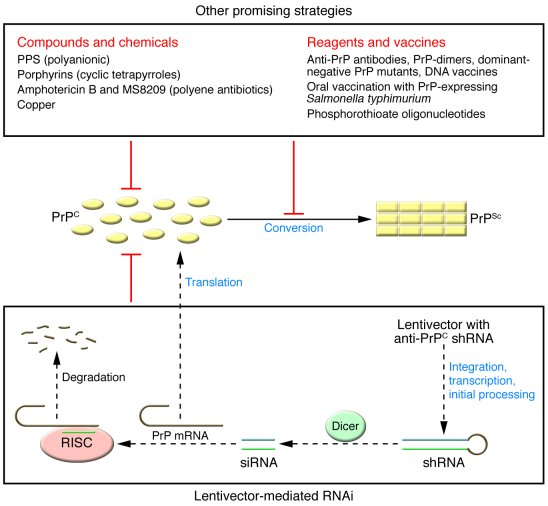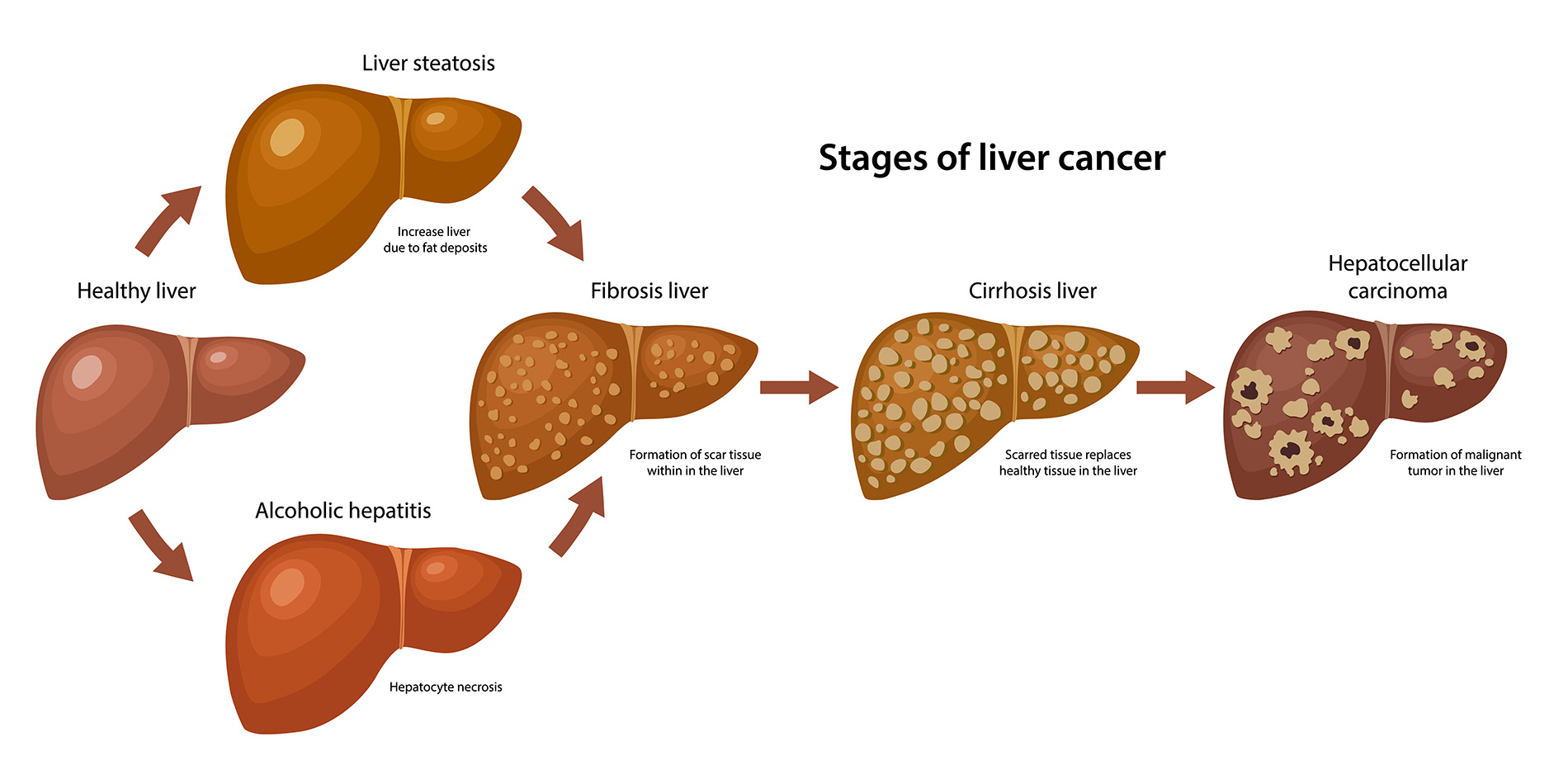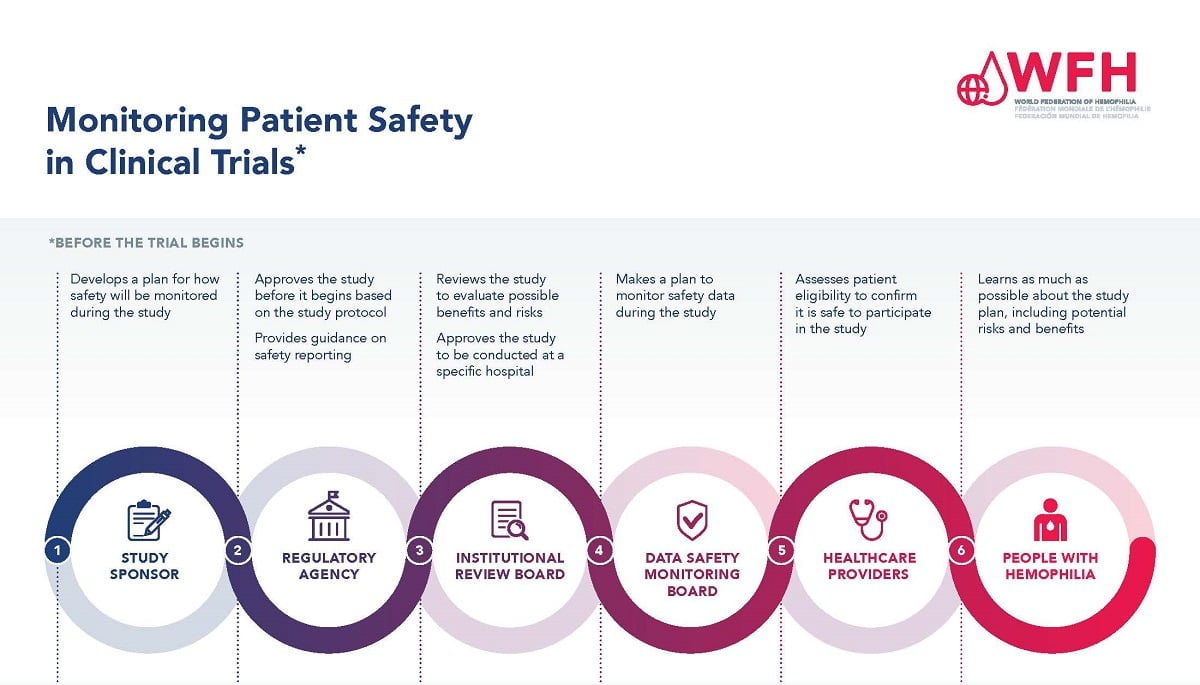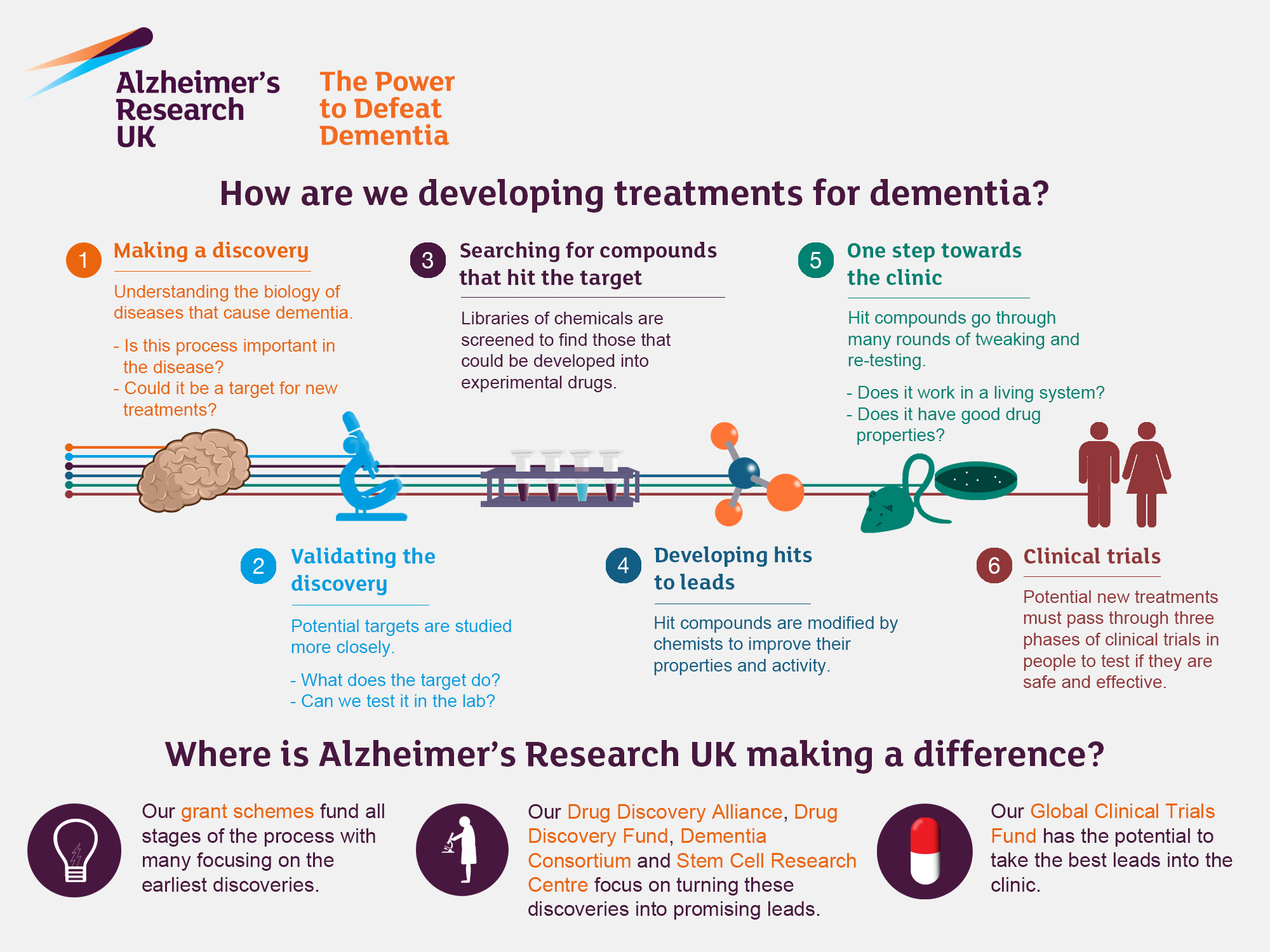Prion disease treatment has emerged as a focal point of groundbreaking research, offering a glimmer of hope for those affected by these notoriously fatal disorders. These diseases, including Creutzfeldt-Jakob disease and fatal familial insomnia, are triggered by the misfolding of proteins, wreaking havoc on brain function. Recent advances in gene editing therapy have shown promise, allowing researchers to modify the genetic underpinnings of these disorders, potentially halving harmful protein production. While human clinical trials are still on the horizon, the results gained from laboratory studies raise optimism about translating these findings into effective treatments for patients. This innovative approach not only embodies scientific progress but also highlights the deep personal commitment of scientists like Sonia Vallabh and Eric Minikel, who are motivated by their own experiences with prion diseases.
The treatment of prion disorders, which includes conditions like mad cow disease and various forms of transmissible spongiform encephalopathy, is an evolving and critically important area of research. Advances in technologies such as gene therapy and innovative protein management strategies are being explored to combat these inherently deadly diseases. Conditions characterized by abnormal protein configurations pose unique challenges to scientists, but recent discoveries hint at potential therapeutic avenues. With recent breakthroughs focused on correcting genetic anomalies, the path to successful human clinical trials appears to be gradually materializing. As researchers delve deeper, the intersection of science and personal experience drives the momentum needed for progress in the fight against these elusive ailments.
Understanding Prion Diseases: A Comprehensive Overview
Prion diseases represent a unique class of neurodegenerative disorders characterized by the misfolding of prion proteins, leading to severe brain damage and cognitive decline. Among the most well-known conditions in this category are Creutzfeldt-Jakob disease (CJD), fatal familial insomnia (FFI), and Gerstmann-Sträussler-Scheinker syndrome. These diseases, invariably fatal and often sporadic, underscore the critical need for innovative treatment approaches that address the underlying mechanisms of protein misfolding.
The pathophysiology of prion diseases is complex, involving the accumulation of abnormally folded proteins that disrupt normal cellular function. This misfolding process not only leads to neuronal death but also prompts a cascade of pathological changes that affect brain architecture. As researchers delve deeper into the genetics of these disorders, particularly the role of inherited mutations in prion protein genes, potential therapeutic targets are emerging, sparking hope for affected individuals and their families.
Promising Advances in Prion Disease Treatment
Recent studies have illuminated new avenues for treating prion diseases, particularly through innovative gene editing therapies. For instance, a breakthrough published in Nature Medicine presents a novel methodology that successfully reduced prion protein levels in mouse models by modifying a single base in the prion protein gene. This reduction has shown impressive results, extending the lifespan of these models by over 50%, a significant milestone in the development of potential treatments for human patients.
While these discoveries are promising, it’s important to recognize the extensive journey ahead before any applicable treatment can be made available. Researchers are optimistic that human clinical trials could follow, but they must first navigate a series of regulatory and developmental hurdles. The potential application of gene editing technology demonstrates the evolution of therapeutic strategies that target underlying genetic factors, highlighting the hope for viable treatments for devastating conditions like fatal familial insomnia and Creutzfeldt-Jakob disease.
The Role of Patient-Scientists in Research
A particularly inspiring aspect of contemporary prion disease research is the involvement of patient-scientists, such as Sonia Vallabh and Eric Minikel, who bring a personal stake to their work. Vallabh’s own diagnosis with fatal familial insomnia has transformed her into a formidable advocate for the research community. Her firsthand experience not only fuels her determination but also inspires her colleagues to pursue innovative solutions with vigor.
This merging of personal and scientific pursuits creates a unique dynamic in research settings. Vallabh and Minikel’s work, coupled with their experience, emphasizes the importance of empathy and understanding in the scientific process. Their dedication serves as a powerful motivator for their teams, driving research initiatives that are professionally ambitious yet deeply personal, potentially leading to groundbreaking treatments for prion diseases.
Exploring Gene Editing as a Therapeutic Tool
Gene editing technologies, particularly CRISPR and base editing, have revolutionized the potential landscape of medical interventions for genetic disorders. In the context of prion diseases, researchers are investigating how these tools can be applied to correct mutations that lead to misfolding of prion proteins. By targeting specific genes and employing precision editing, scientists hope to not only inhibit the expression of harmful proteins but also restore normal protein function.
The landmark studies that have demonstrated the efficacy of gene editing strategies highlight a critical paradigm shift in how we approach treatment. With ongoing advancements in precision medicine, researchers are laying the groundwork for future human clinical trials, aiming to provide effective therapies tailored for conditions like Creutzfeldt-Jakob disease and fatal familial insomnia. The potential to edit genes responsible for these disorders not only offers a beacon of hope but also sets the stage for a new era of therapeutic possibilities.
Challenges in Translating Research to Human Trials
Despite the breakthroughs achieved in laboratory settings, transitioning findings from animal models to human clinical trials presents numerous challenges. Regulatory hurdles, safety concerns, and the complexity of human trials must be carefully navigated. Researchers must ensure that the promising results observed in mouse models can be replicated in humans while accounting for biological differences that may influence treatment outcomes.
Moreover, the ethical implications of developing and testing gene editing therapies in humans necessitate profound consideration. As these technologies advance, it is crucial for researchers and ethical boards to address the potential risks versus the benefits, particularly concerning the safety profiles of such interventions in vulnerable populations affected by prion diseases. Balancing innovation with caution will be pivotal in determining the future success of these groundbreaking therapies.
The Future of Prion Disease Research: A Collaborative Effort
The fight against prion diseases is increasingly becoming a collaborative effort, with researchers from diverse backgrounds joining forces to tackle these complex conditions. Interdisciplinary collaborations, particularly between geneticists, neurologists, and bioethicists, are essential to understand and effectively treat these disorders. Collaborative research not only enriches the scientific discourse but also accelerates the pace of discovery, as teams leverage their unique expertise to refine treatment protocols.
This collective approach fosters an enriching environment where ideas can flourish and innovative solutions may emerge. For instance, the partnership between Vallabh, Minikel, and established researchers at institutions like the Broad Institute signifies a promising model of combining personal motivation with cutting-edge science. Through continuing this collaborative spirit, the field of prion disease treatment may soon witness significant advances, paving the way for therapeutic breakthroughs and enhancing the hope for affected individuals.
Ethical Considerations in Prion Disease Treatment Development
As advancements in treating prion diseases progress, ethical considerations become paramount in gene editing and therapy development. Researchers must address questions related to consent, long-term effects of genetic modifications, and potential societal implications of emerging treatments. Ensuring that those affected by prion diseases are involved in discussions surrounding these therapies is crucial for fostering trust and transparency within the research community.
Engaging with patients and advocacy groups offers invaluable insights that can shape ethical guidelines and ensure that treatments developed align with the needs and concerns of those most affected. Moreover, proactive ethical frameworks will guide researchers in making responsible decisions as they navigate the complexities associated with gene editing technologies, ultimately ensuring that the pursuit of innovation does not overshadow the paramount importance of patient safety and rights.
Funding and Support in Prion Disease Research
Research into prion diseases often requires significant funding and support, given the complexity and rarity of these conditions. National Institutes of Health (NIH) grants, private foundations, and collaborative partnerships are vital for facilitating groundbreaking studies aimed at uncovering effective treatments. Sustained financial backing enables researchers to explore innovative approaches, such as gene editing and advanced modeling techniques, which are crucial for advancing our understanding of these diseases.
Funding sources are also instrumental in promoting collaborative efforts among institutions, harnessing the strengths of various research teams that otherwise may not have had the budget to work together. With investments in prion disease research, there exists immense potential not just for developing effective therapies but also for bringing hope to patients and families battling these cruel and currently untreatable conditions. An increase in funding will further energize the search for solutions, paving the way towards clinical trials and, ultimately, effective treatments.
Encouraging Community Involvement and Awareness
Raising awareness about prion diseases and promoting community involvement can significantly impact the trajectory of research and treatment development. By engaging the public and fostering understanding of these rare neurological disorders, advocacy groups can help secure further funding and support essential for ongoing research initiatives. Community awareness also empowers patients and families to seek participation in clinical trials, an essential aspect of translating lab discoveries into practical therapies.
Also, initiatives that promote educational outreach can demystify the science surrounding gene editing and protein misfolding, fostering a sense of collective responsibility for the advancement of treatment options. Through public engagement, sharing stories of affected individuals, and addressing misconceptions, the broader community can become an integral part of the journey towards finding a cure for prion diseases, ultimately catalyzing greater interest and investment in research.
Frequently Asked Questions
What is the current progress in prion disease treatment using gene editing therapy?
Recent research has made significant strides in prion disease treatment through gene editing therapy. Scientists have demonstrated that modifying a single base in the gene responsible for producing misfolded proteins can drastically reduce their quantity in the brain, leading to extended lifespans in laboratory mice by 52%. This promising development suggests that gene editing could pave the way for effective treatments in humans suffering from conditions like Creutzfeldt-Jakob disease or fatal familial insomnia.
Can gene editing therapy be used to treat Creutzfeldt-Jakob disease?
Gene editing therapy holds potential for treating Creutzfeldt-Jakob disease by targeting the genetic causes of prion diseases. By editing genes responsible for producing harmful proteins, researchers aim to reduce their levels within the brain, a breakthrough demonstrated in mouse models that could eventually translate to human clinical trials.
What role does protein misfolding play in prion disease treatment research?
Protein misfolding is at the core of prion diseases, including fatal familial insomnia and Creutzfeldt-Jakob disease. Research focused on prion disease treatment is investigating how gene editing technologies can rectify the genetic mutations leading to abnormal protein folding, potentially halting the progression of these fatal disorders.
Are there human clinical trials planned for prion disease treatment involving gene editing?
Human clinical trials for prion disease treatment using gene editing are anticipated, but several critical milestones must be achieved first. Current research lays the groundwork for these trials, as scientists work to fine-tune the gene editing techniques and ensure safety and efficacy in humans.
How does fatal familial insomnia relate to prion disease treatment advancements?
Fatal familial insomnia is one of the prion diseases that may benefit from advancements in treatment through gene editing. Researchers, including patient-scientists personally affected by this condition, are motivated to explore therapeutic options that could mitigate the detrimental effects of prion protein accumulation in the brain.
| Key Points |
|---|
| Sonia Vallabh and Eric Minikel, researchers at the Broad Institute, are personally connected to prion disease treatment due to their own familial ties to the disease. |
| Research published in Nature Medicine shows that gene-editing therapy can halve dangerous protein production in mice, improving their lifespan by 52%. |
| Prion diseases, such as Creutzfeldt-Jakob disease, are rare and fatal conditions caused by misfolded proteins in the brain. |
| The gene-editing technology being used has been applied in numerous clinical trials with success in other diseases like sickle cell disease. |
| Despite encouraging findings, researchers emphasize that human trials are years away and depend on overcoming several hurdles. |
| Collaboration and personal motivation among researchers, especially those affected by prion diseases themselves, is driving the research forward. |
Summary
Prion disease treatment is making strides thanks to groundbreaking research from dedicated scientists like Sonia Vallabh and Eric Minikel. Their personal connection to fatal familial insomnia spurs their commitment to finding a viable treatment. By employing innovative gene-editing techniques, promising results have been observed in animal models, providing hope for eventual human therapies. The journey is complicated, but with continued collaboration and scientific advancement, the future for prion disease treatment looks increasingly hopeful.



